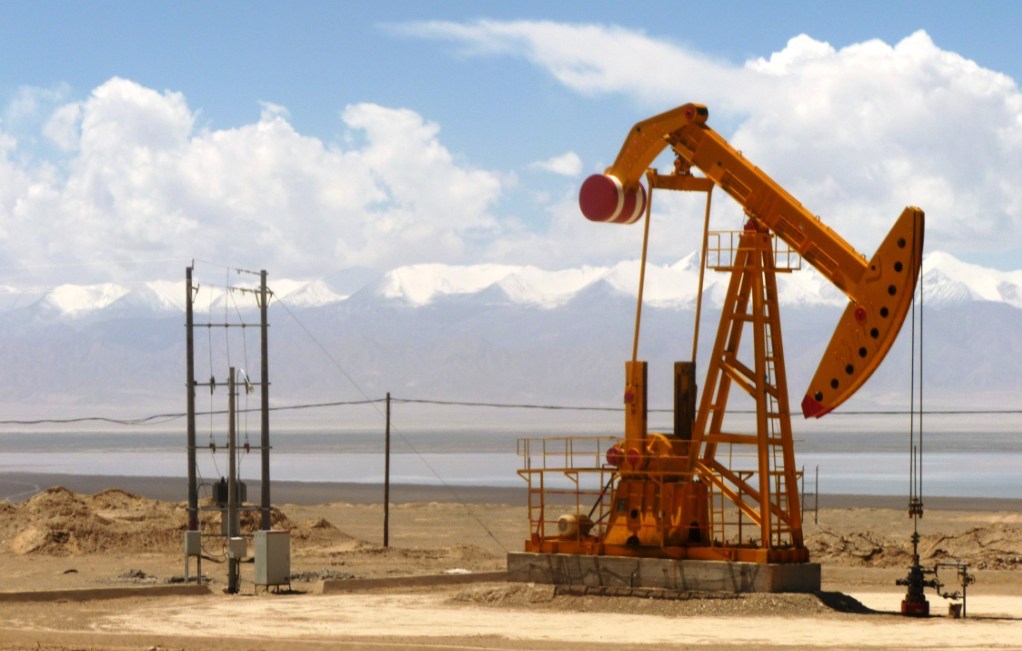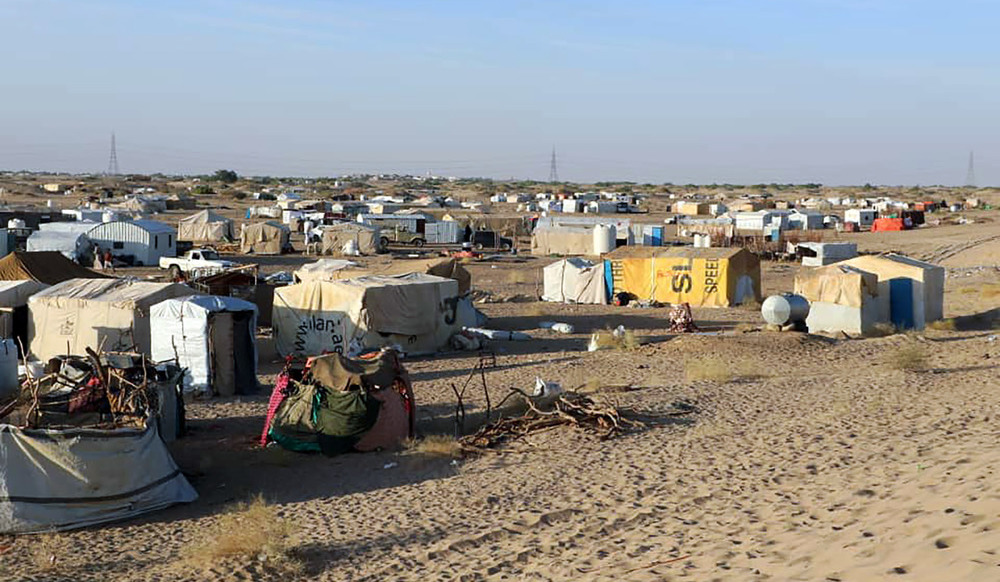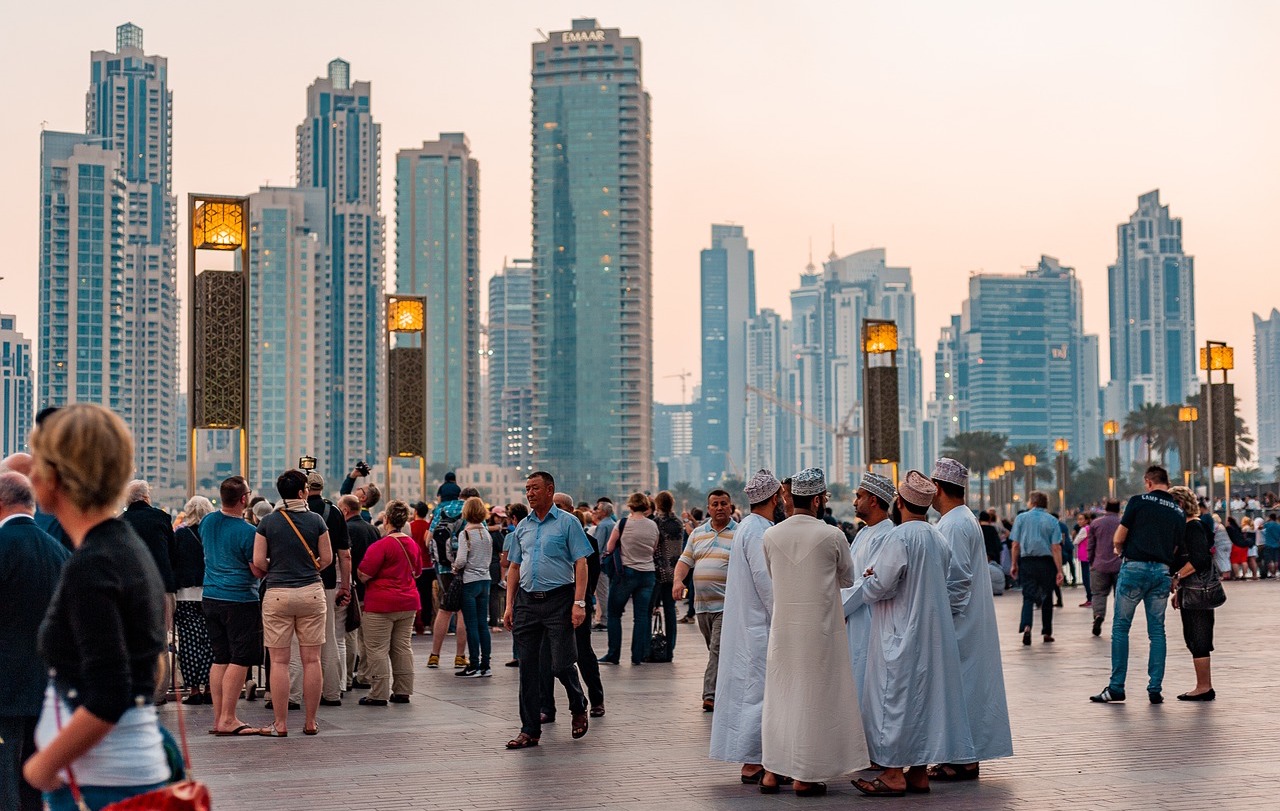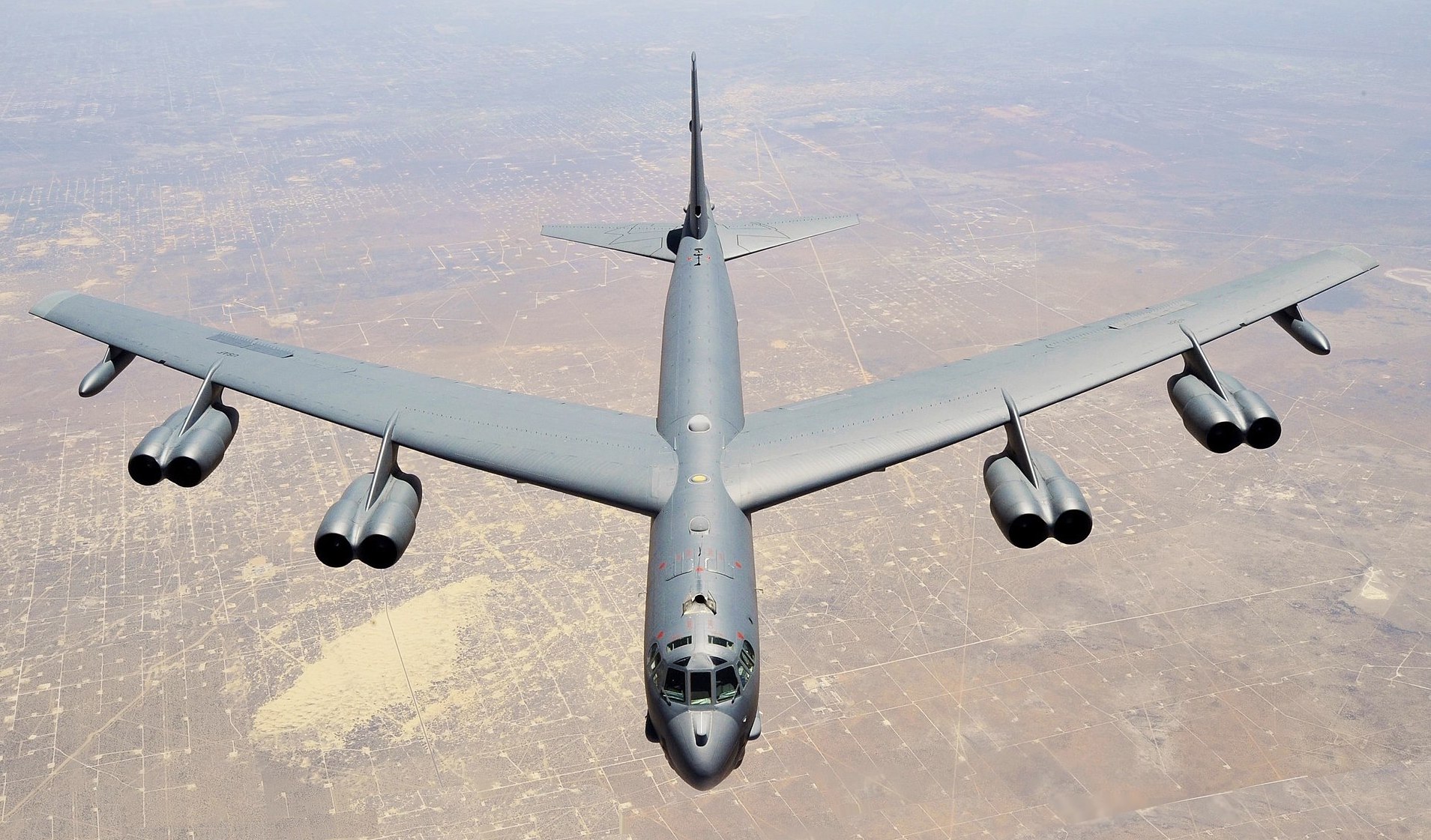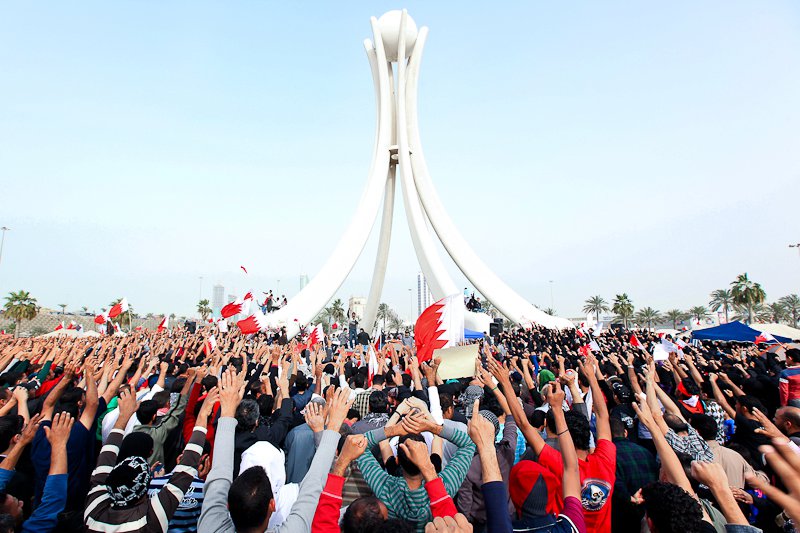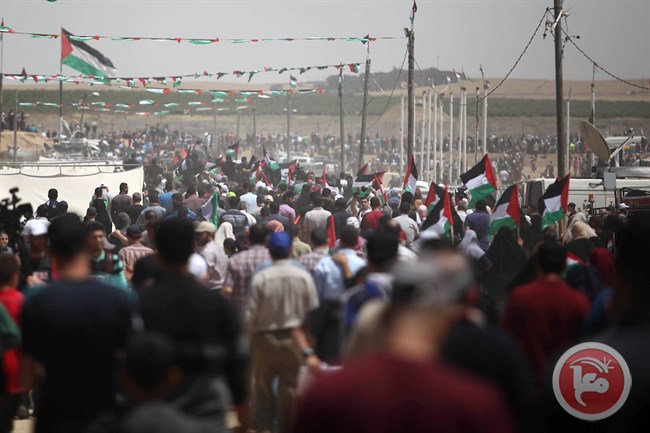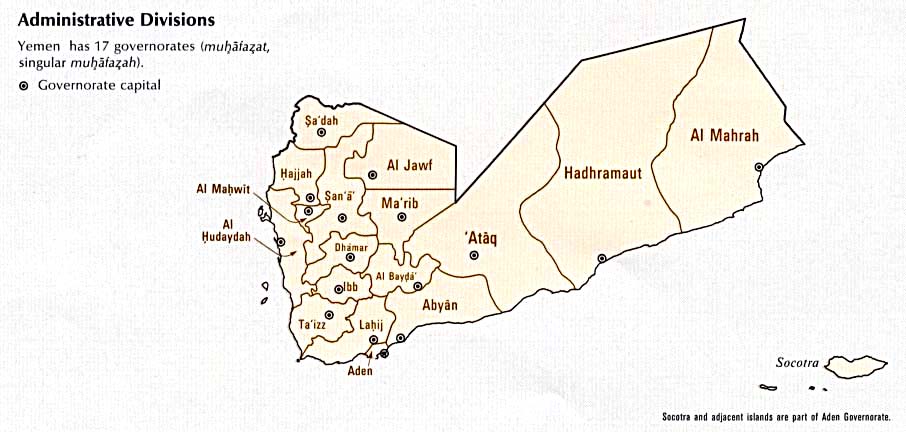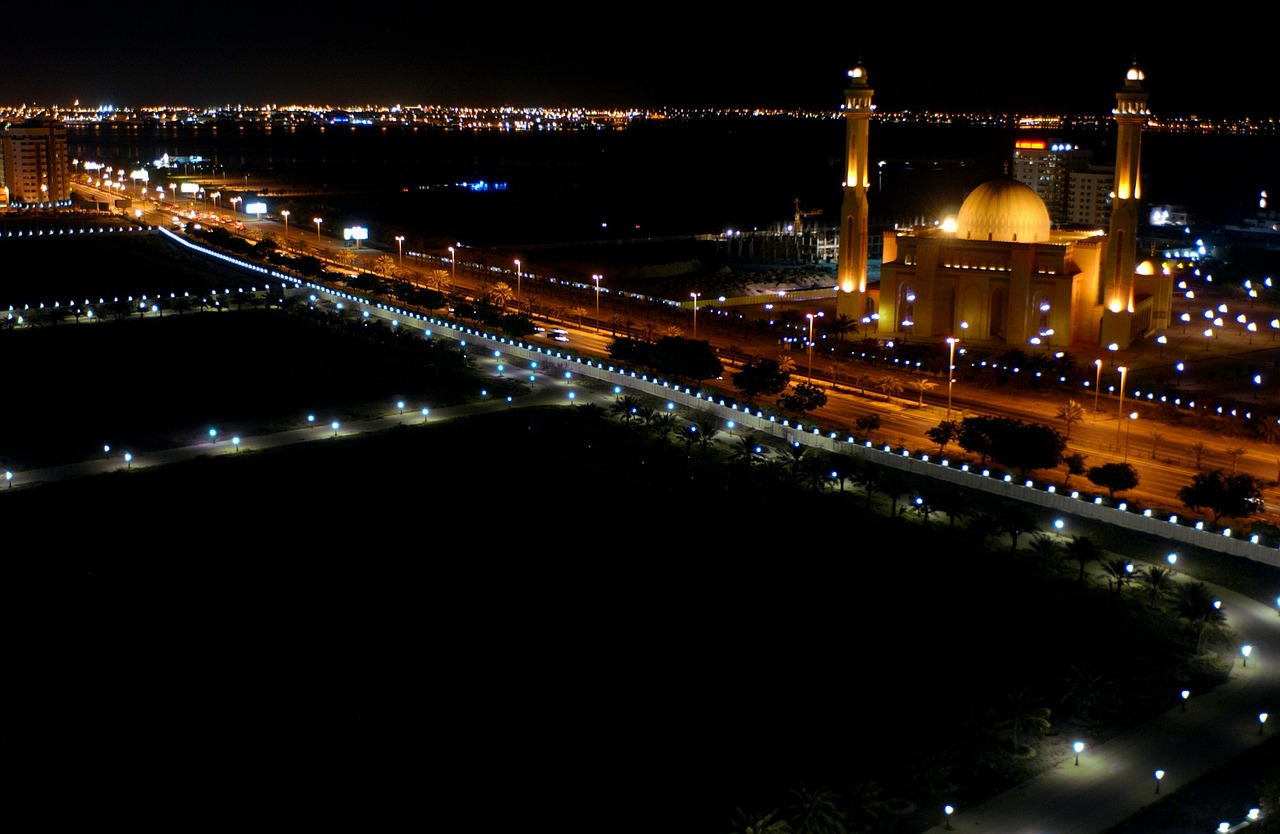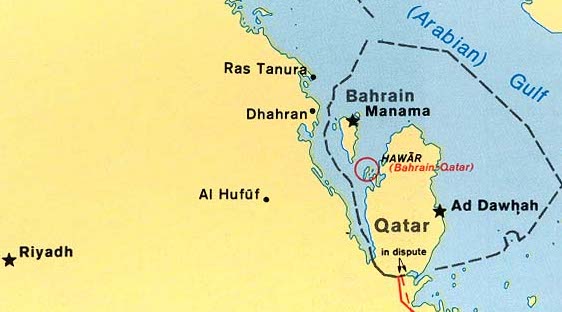
Israel and Bahrain: partners in repression
Israeli Foreign Minister Eli Cohen met with the crown prince of Bahrain, Salman bin Hamad Al Khalifa, at Gudaibiya Palace in the capital Manama, to discuss boosting trade and diplomatic ties, which were first established in 2020 as part of the so-called Abraham Accords. Cohen said he hoped this would be a precedent for “normalization” of Israel’s relations with other Arab states. Tellingly, the meeting came as Israel and Bahrain are each facing hunger strikes in their prisons, with political detainees protesting harsh conditions and restrictions on their basic rights. (Map: PCL)



